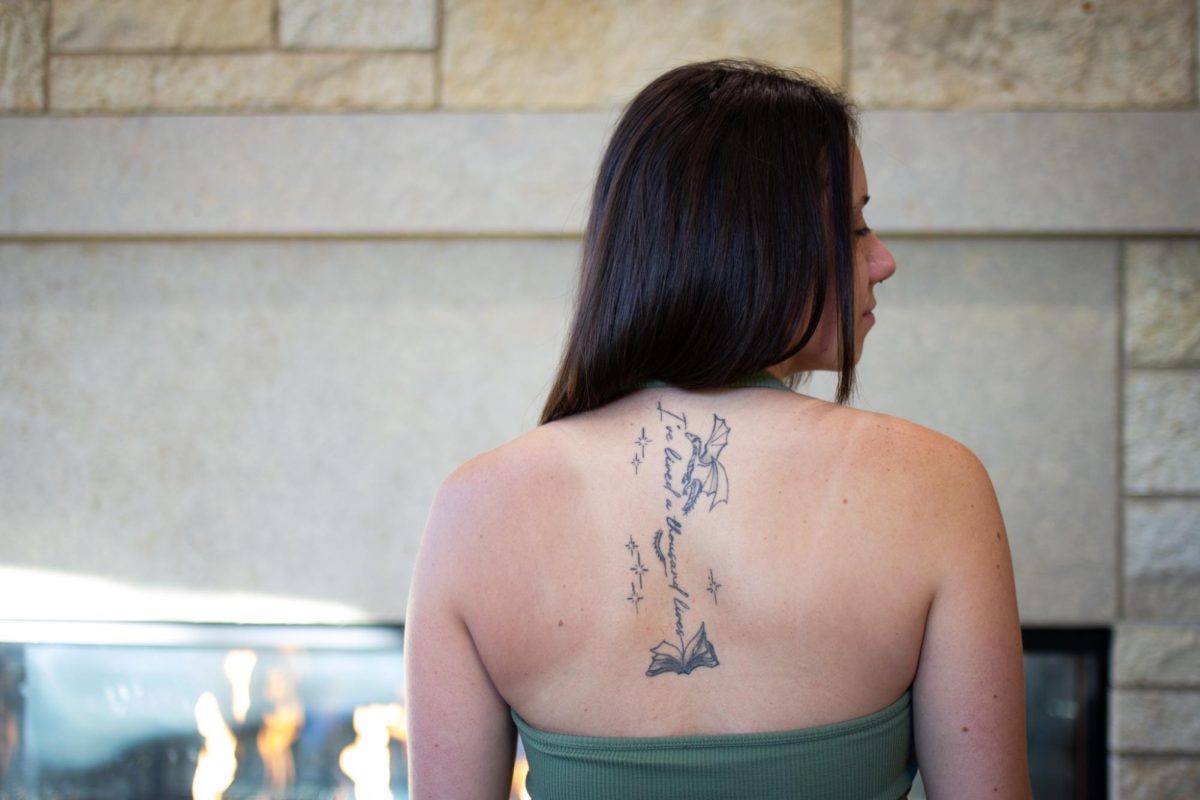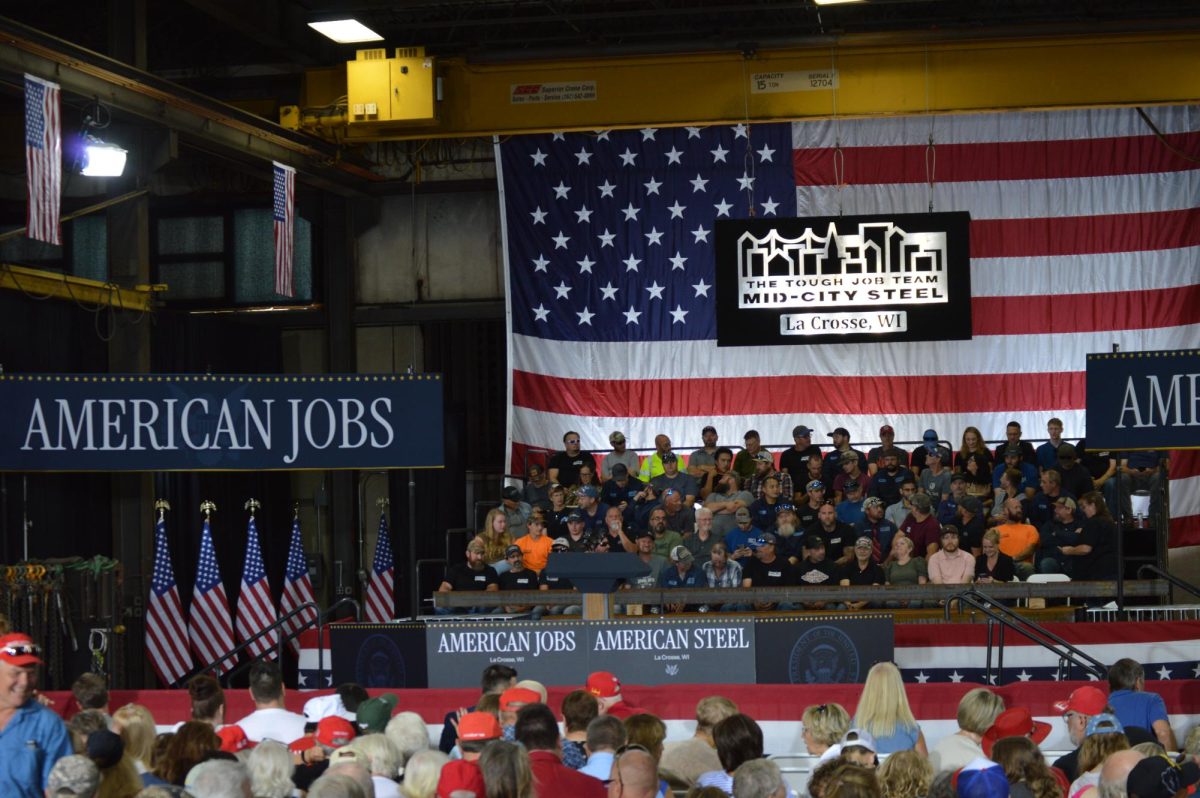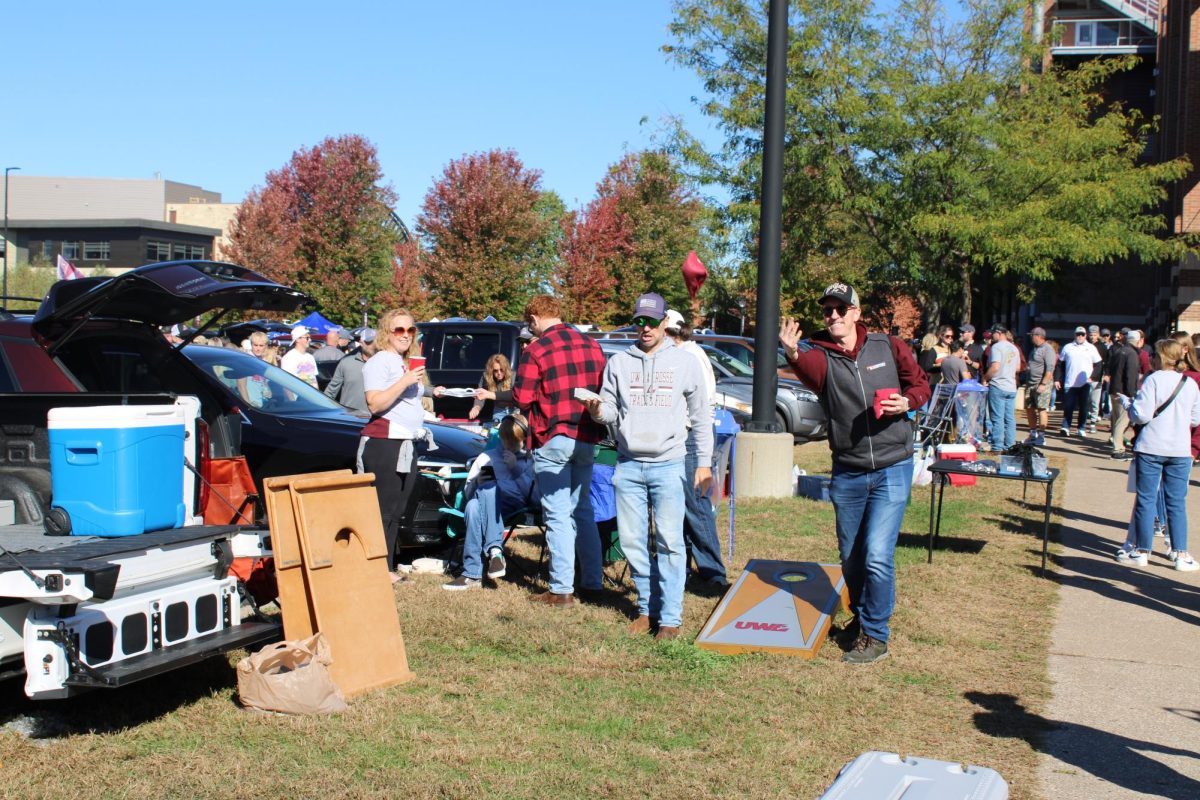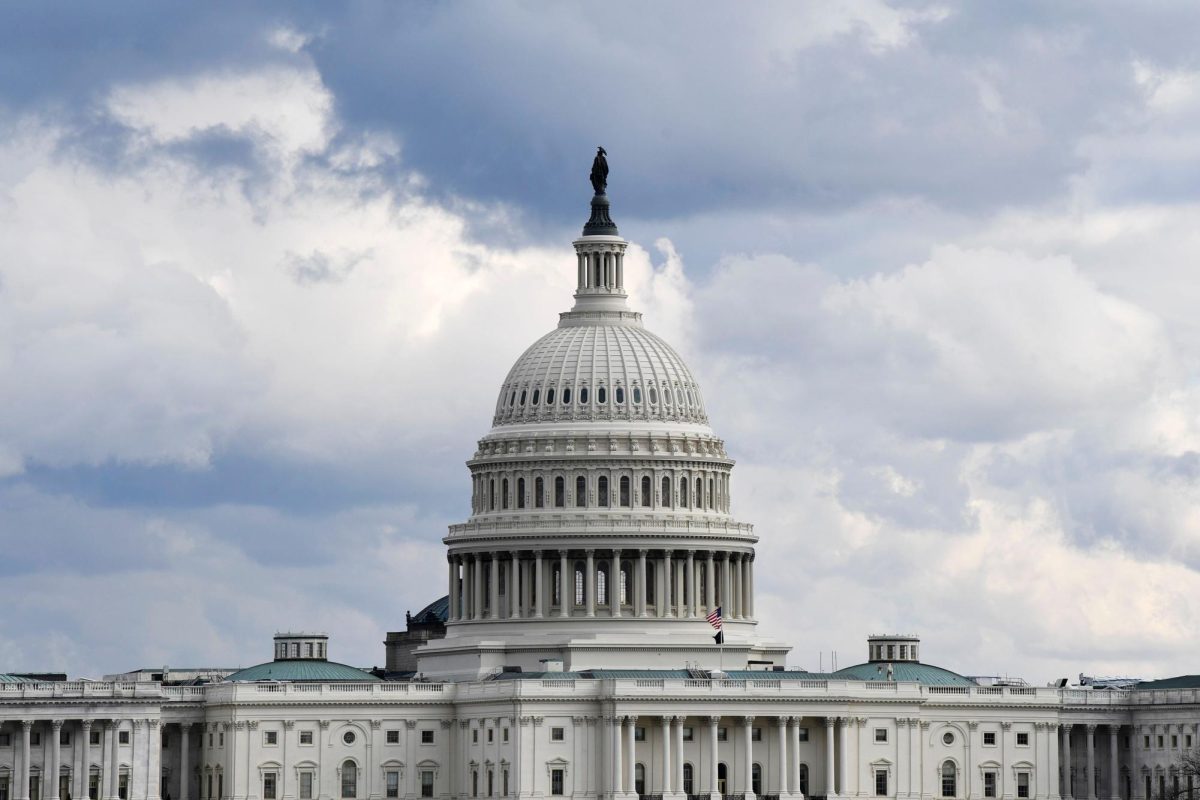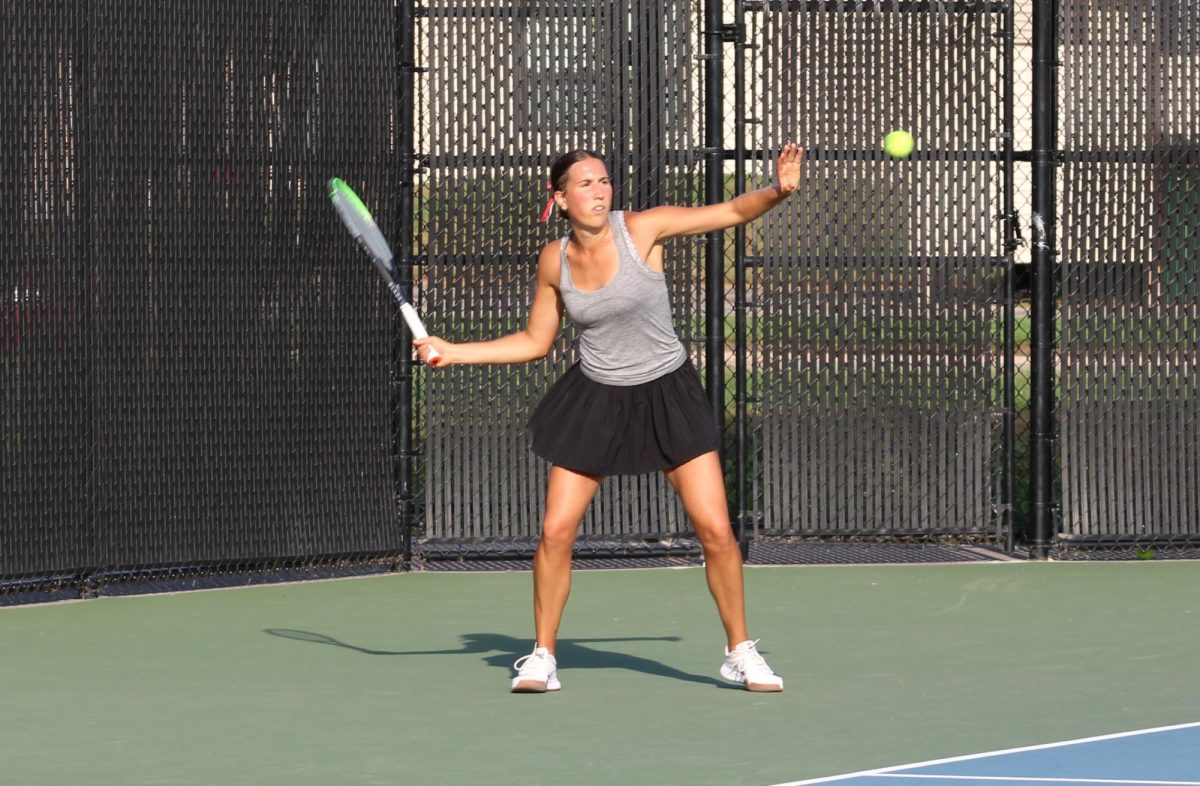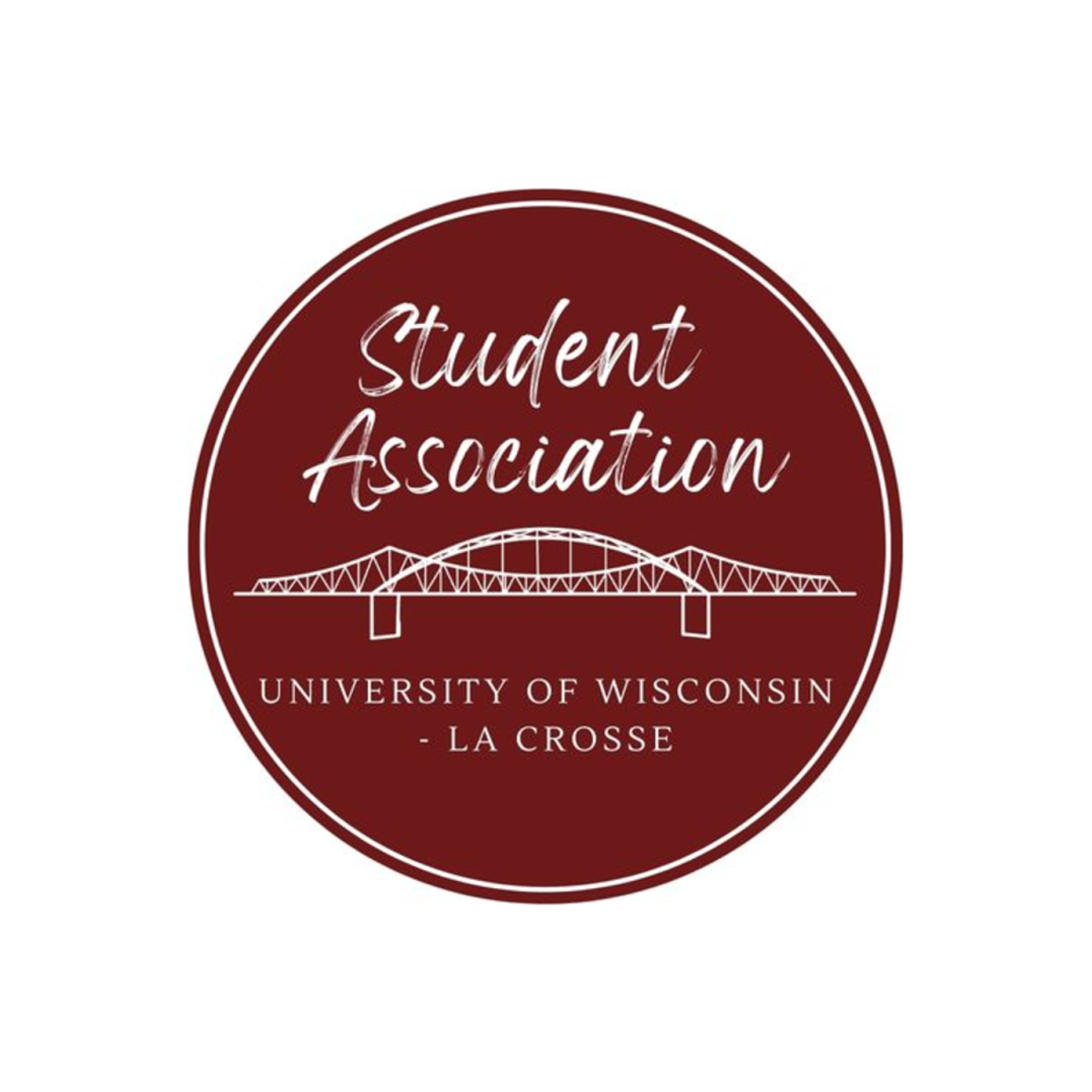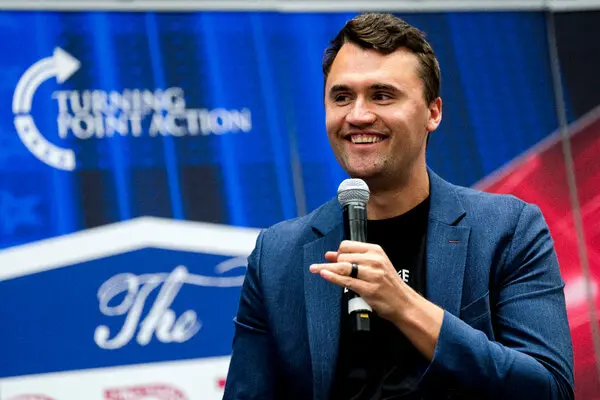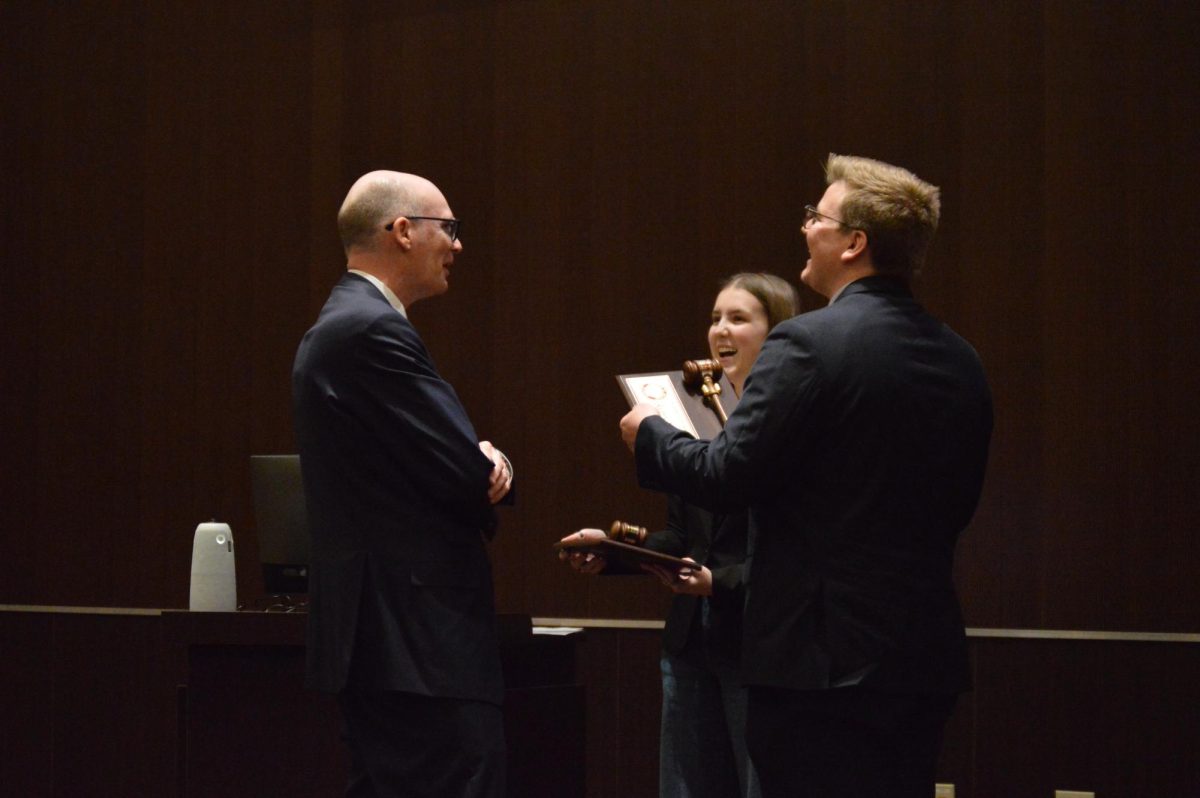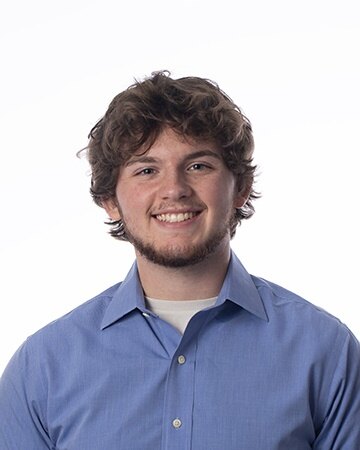On Wednesday, Dec. 6, the University of Wisconsin-La Crosse Student Association (SA) met to further discuss the resolutions brought forward by the Segregated University Fee Allocation Committee (SUFAC) regarding the electric vehicle (EV) charging stations that would be installed in parking lot C-12.
The EV charging stations were first introduced during the SA meeting on Nov. 29, by Sustainability Program Manager Andrew Ericson. The two EV charging stations would be able to charge up to four vehicles at a time, providing the sole source of energy for EVs on campus.
The Racquet Press spoke to College of Business and Administration (CBA) Senator and SUFAC Vice Chair Marlee Simpson about the EV charging stations and sustainability at UWL. “I don’t think we’re the worst, the Ozzi’s, the solar panel tables, the bikes,” she said. While Simpson acknowledged that UWL is taking some strides toward sustainability efforts, she does not believe they are doing enough.
Simpson is hopeful that SA will be able to make change happen and referenced the shift from standard rock salt to brine, a more environmentally friendly option to melt ice. “[The change to brine] came from a senator, so that’s really cool, to know that we can make an impact on campus.”
In her role as the SUFAC Vice Chair, Simpson spoke about the committee’s disapproval of student funds being used towards EV chargers. “There isn’t a huge supply of electric vehicles on campus right now,” she said. While SUFAC does not currently support student fees being allocated for EV charging stations, the committee is open to a future recommendation if more data is brought forward.
“If there was a survey that had been done that asked students how many of them were likely to buy a new car in their four or five years here, or how likely they’d be to buy an electric vehicle once EV chargers were placed, that could’ve changed our decision a little bit,” said Simpson.
Simpson isn’t the only senator who feels that while EV chargers are a step in the right direction, now might not be the time for their implementation. College of Science and Health (CSH) Senator and SUFAC member, Avery Winders said, “I definitely think it would be a good resource to have on campus.” Winders went on to say that he’s just not sure if it is something that should be funded with student fees at this time.
“I definitely think it’s something that is going to happen in the future, in the next ten years we’re going to see more EVs on the road, but I don’t think that UWL adding a charging station is going to increase the use of EVs by students,” said Winders. While Winders is not an advocate for the EV charging stations at this time, there are still other areas that he believes UWL could be doing better when it comes to sustainability.
In contrast to Simpson and Winders, some students believe that adding EV charging stations would benefit UWL. The Racquet Press spoke to SA’s Director of Sustainability Grace Lopez-Johnson about sustainability on campus and the EV charging stations.
Lopez-Johnson said, “We’ve been wanting to see something like this that’s going to benefit students now but also in the future. So wanting to see kind of a new initiative that’s going to outlive maybe the work that we’re doing right now and that will have major environmental impacts on the future.”
As a member of the Joint Committee on Environmental Sustainability (JCES), Lopez-Johnson spoke about the committee’s efforts. “They really wanted to see an environmental push in different ways and transportation was also something we’d been really focusing on,” she said.
When asked how UWL is doing when it comes to sustainability as a whole, Lopez-Johnson said, “I do think that we’ve seen some really amazing progress in the last five to ten years in terms of sustainability and we’re trying to take inspiration from other major institutions as well as trying to forge our own path in certain ways.”
She continued, “I think there’s definitely a lot more that could be done that we’re definitely working on doing, but I think it’s taking a steady uphill trend.”
During their meeting on Dec. 6, SA decided to table the resolution for EV charging stations and revisit the matter next semester. More information regarding the resolution can be found here.


